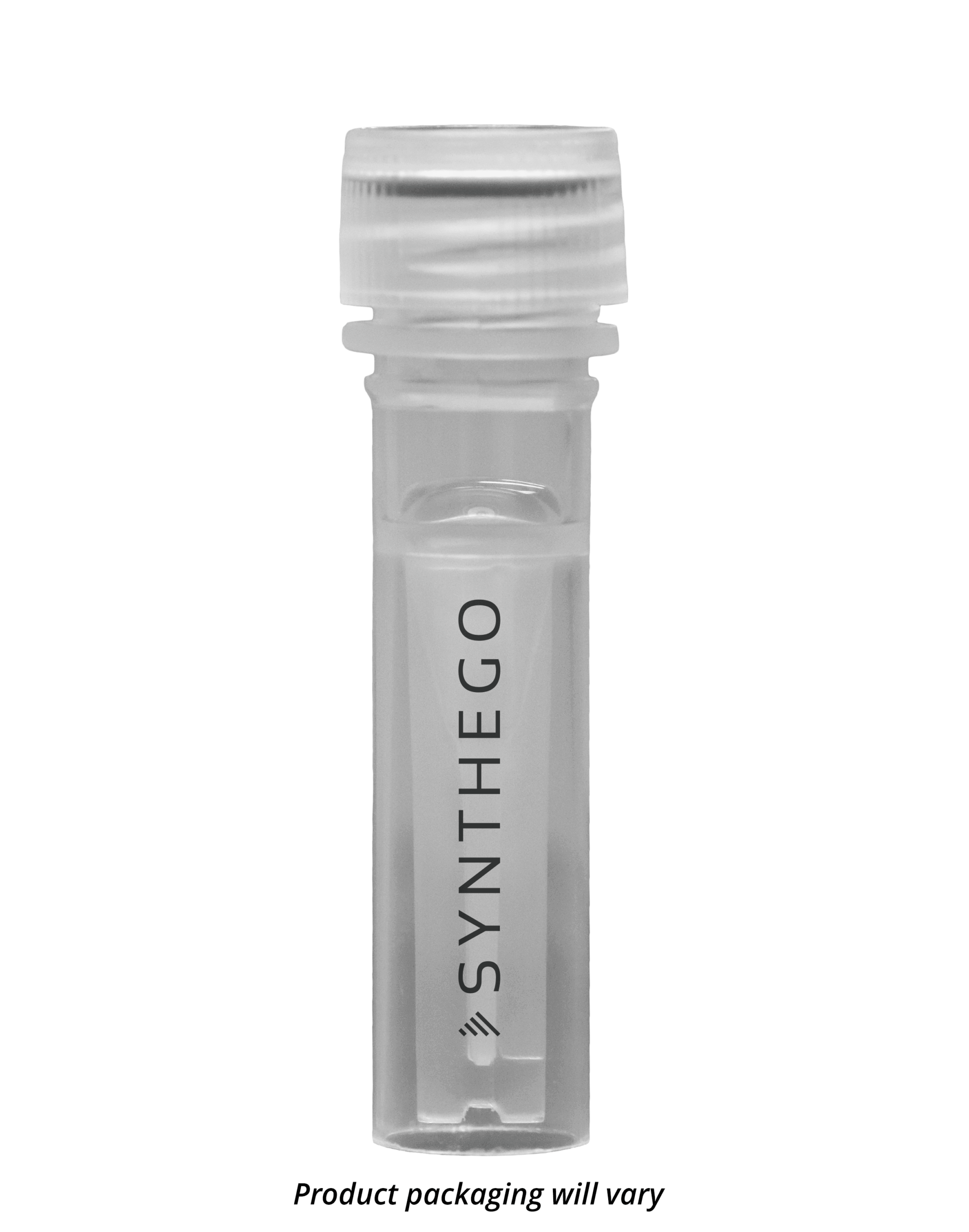- High Sensitivity and Specificity: Guarantees efficient reverse transcription, even with low-copy targets.
- Exceptional RNA Affinity: Transcribes complex RNA secondary structures with ease.
- High cDNA Yields: Produces robust cDNA output, even from challenging templates.
- RNase H Activity: Specific to RNA hybridized to cDNA, ensuring improved 1-step PCR performance.
Learn more
Webcast featuring eSpOT-ON
Explore More
eSpOT-ON Nuclease Protein Available Now
Explore More
Order eSpOT-ON Nuclease mRNA Now

